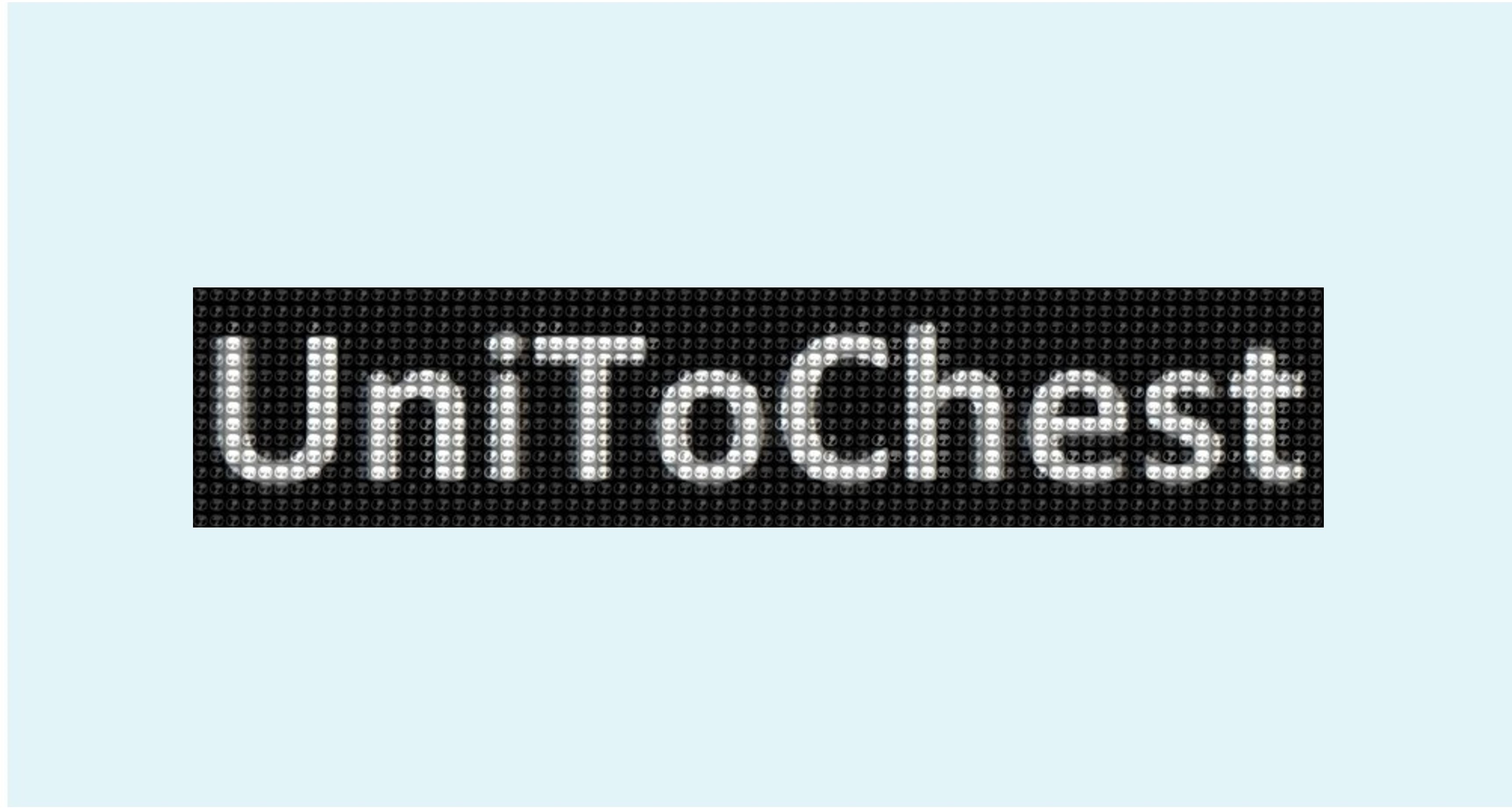The use of technology in health is clearly a major driver towards more efficient healthcare, from whom both people and national health service budgets can benefit. European national healthcare systems are generating large biomedical imaging datasets because many medical examinations use image-based processes; these datasets are growing and constitute a large database of knowledge because most of their value derives from expert interpretation of those images. With the aim to promote eHealth innovation and improvement in Europe, the Rad4AI project, the Italian branch of the European DeepHealth project, promotes the development of standardized software to manipulate and process images in a more efficient way, thus increasing the productivity of professionals working on biomedical images. The proposed dataset UniToChest (available at https://zenodo.org/record/5797912#.YqzbenZBxPY) is a collection of anonymized 306440 chest CT scan slices coupled with the proper lung nodule segmentation map, for a total of 10071 nodules from 623 different patients. UniToChest is provided within the DeepHealth Project, by Città della Salute e della Scienza di Torino in collaboration with the Department of Computer Science at University of Turin. In order to use the dataset as a training resource for AI algorithms, training, validation and test splits are provided. They have been created such that the training set contains CT scans of 80% of the patients, while validation and test set are both 10%.
An example of UniToChest usage can be found in DeepHealth GitHub repository. This implementation uses DeepHealth EDDL & ECVL libraries to train a U-Net neural network model to predict nodules segmentation maps automatically.
Please refer to “UniToChest: A Lung Image Dataset for Segmentation of Cancerous Nodules on CT Scans” (ICIAP 2021) for more details.

